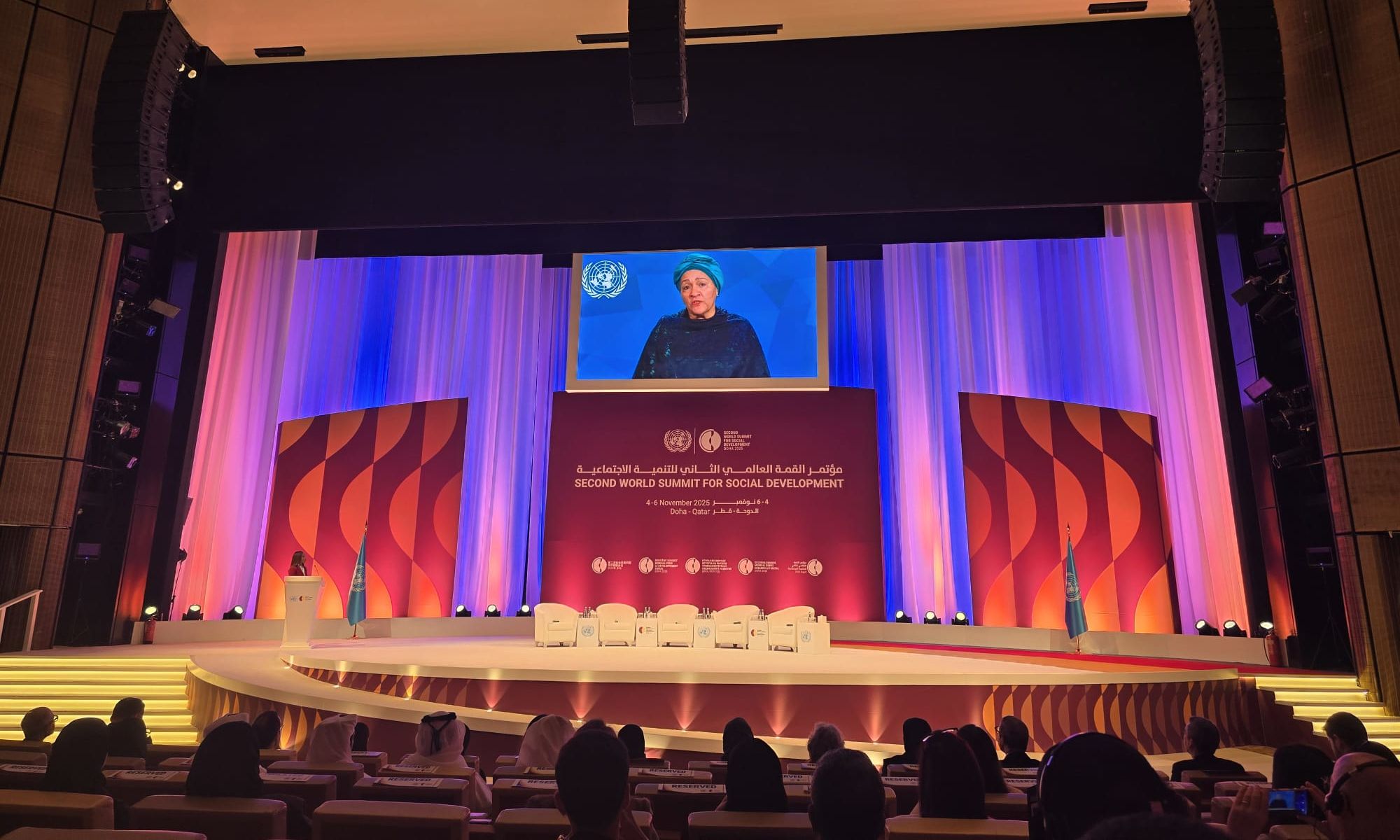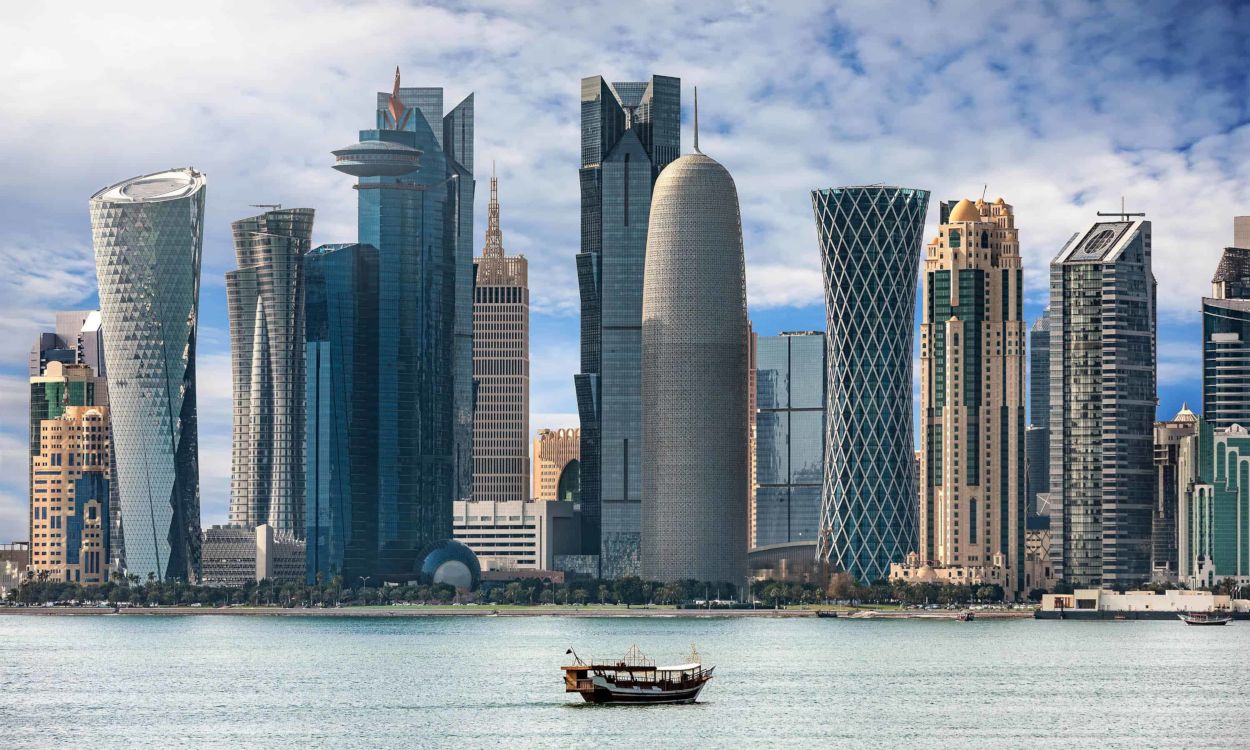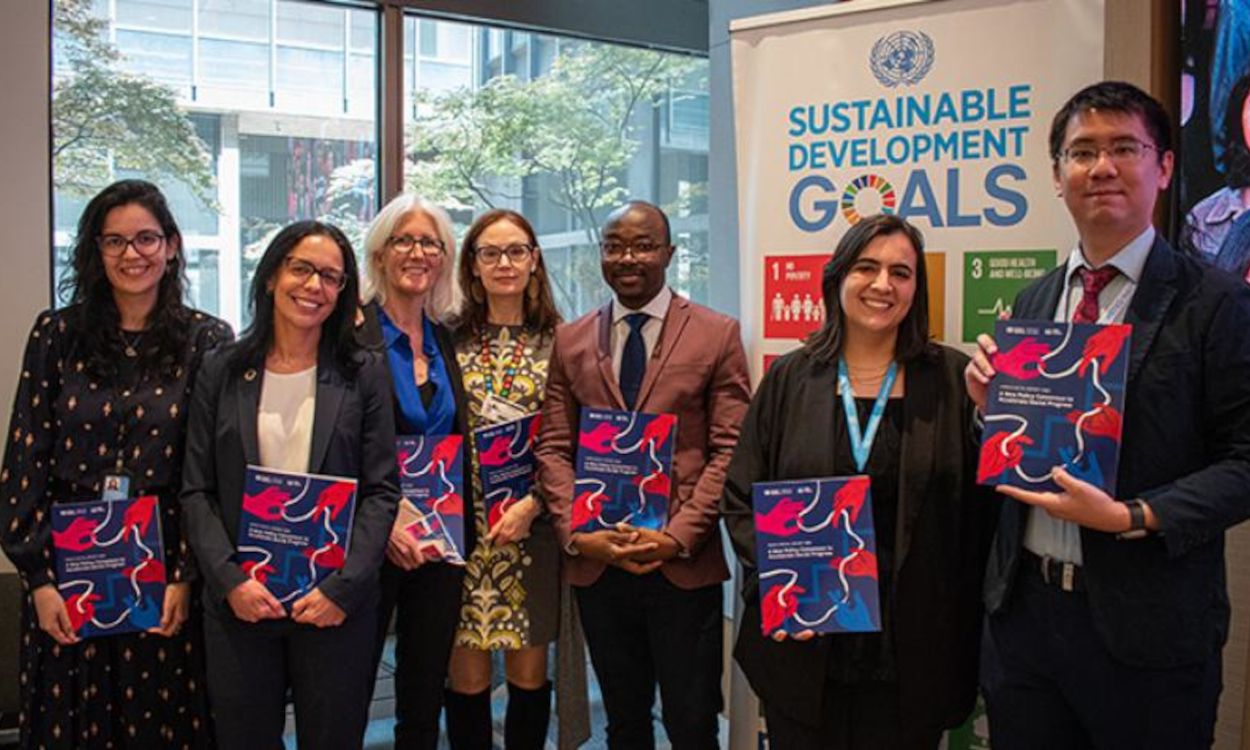How to strengthen intergenerational solidarity for sustainable well-being?

From International Social Work (ISW), Sage Journals - Volume 68, Issue 2
How to strengthen intergenerational solidarity for sustainable well-being? The key role of citizen participation in super-diverse societies
The year 2024 has been a key year in the recent trajectory of International Council on Social Welfare (ICSW). At the ICSW general assembly in Panama, because of the previous election pro- cess, Dr. Sergei Zelenev was elected president of ICSW, taking office on January 1, 2025, and ending his term on December 31, 2028. Each term of a new president at ICSW allows us to reset the organization, incorporate new goals, and set new priorities. At the same time, each election of an ICSW president is a good time to thank the people who have served ICSW, Dr. Suh as ICSW president in the immediately preceding term (2020–2024), and all past ICSW presidents.
In the case of Dr. Suh, his presidency has undoubtedly faced an extremely difficult situation, with the COVID-19 pandemic and the post-pandemic crisis. As a result of the efforts of all of us who make up the ICSW, and under his leadership, the ICSW has managed in these 4 years to organ- ize international congresses (such as Seoul 2022; López Peláez, 2022), has organized seminars and debates whose results have been published in prestigious publishing houses (Springer and Routledge; López Peláez, 2023), has cleaned up the finances of the ICSW, and has mobilized stra- tegic actors to generate alliances. These alliances, in the African context, have made it possible to promote the ICSW Windhoek Declaration (2023; López Peláez, 2024), with the support of the African Union and the Namibian government, seeking to strengthen African social protection sys- tems. And in the European case, the ICSW Lisbon Declaration (2023), also supported by our sister organizations, IFSW and IASSW, which aims to promote digital tools to strengthen intervention and evaluation systems in humanitarian crisis contexts. In these 4 years, new members have joined ICSW, from Turkey, Lisbon, and Ireland. ICSW has continued to work loyally with its two sister organizations (IFSW and IASSW) on the Global Agenda and international congresses, such as Panama 2024. And finally, in 2024, after a process of co-design and participation, the ICSW web- site has been revamped and has new functionalities.
It is impossible to summarize here all the achievements of these 4 years, product of a dynamic and attentive organization to the challenges faced by the welfare systems, such as ICSW. I encour- age you to visit our website for information on ICSW activities: www.icsw.org. At this time of change and the inauguration of a new presidential term at ICSW, I would like to express my heart- felt thanks to Dr. Suh for his leadership and commitment to ICSW, and also welcome Dr. Zelenev, our new president, a person with decades of association with ICSW (he has previously served as ICSW ED, as ICSW special representative to the UN, and as ICSW treasurer). I am confident that under Dr. Zelenev’s tenure, ICSW will continue to expand its key role in advocating for social welfare globally, regionally, and locally.
The theme for Social Work Day 2025, agreed between the three sister organizations, ICSW, IFSW, and IASSW, has a truly relevant motto in such an unstable and violent international context as the one we find ourselves in on January 1, 2025: Strengthening intergenerational solidarity for enduring wellbeing. Solidarity links between young and old, solidarity links between different people, countries, and continents, and solidarity links in super-diverse societies are today more necessary than ever. Decades of exaltation of individualism, both in terms of individual persons and in terms of collectives refractory to each other, have culminated in our digitized and polarized societies. We live immersed in echo chambers, without opening the door and looking beyond our immediate interest. And it is precisely Social Work, and international organizations such as ICSW, that brings to the table the radical importance of solidarity links, of the encounter with other human beings, of the encounter with nature and the environment, in societies where well-being must be ecological, social, economic, ethical, and social justice-promoting well-being.
One of the keys to strengthening intergenerational solidarity and the welfare state is citizen participation. In democratic societies, the participation of all stakeholders is key to reinforcing the legitimacy of public policies. Citizen participation is key to designing solutions adapted to all the demands and needs of the population. Citizen participation is key to evaluate the results achieved and establish new objectives. Citizen participation is key to achieve inclusive digitalization. Citizen participation is key to design and incorporate artificial intelligence without bias and based on ethi- cal principles. From urban planning to social services, citizen participation is key to co-designing our system of intergenerational solidarity.
In this sense, in 2024 and 2025 ICSW is working on a co-design process to discuss the key requirements for citizen participation in local administration (the administration closest to citizens, and which in many cases is the administration that manages social services). With the financial support of the Diputación de Málaga and the support of the city council of Ronda (Spain), in November 2024 we organized a first international seminar to debate on participation (International Council on Social Welfare, n.d.), and on April 28–29, 2025 we will have in Ronda (Spain) a second international seminar, in which we will present the ICSW Ronda Declaration on citizen participa- tion in local administration.
Strengthening citizen participation in municipalities allows us to strengthen intergenerational solidarity, a key issue in the coming years, especially in aging societies. The proposals we reach consensus on in Ronda will be presented at the Global Summit in 2025, and we hope that they will be a relevant contribution on the horizon of 2028, when the three sister organizations (ICSW, IFSW, and IASSW) will celebrate the 100th anniversary of our birth in Paris (at the International Conference of Social Work in 1928). All information about this collective project focused on inter- generational participation and solidarity is available on the ICSW website: www.icsw.org.
Take care and stay healthy!
Antonio López Peláez
ICSW Executive Director
Citation:
Peláez, A. L. (2025). News from our societies – ICSW: How to strengthen intergenerational solidarity for sustainable well-being? The key role of citizen participation in super-diverse societies. International Social Work, 68(2), 342-343. https://doi.org/10.1177/00208728251314998 (Original work published 2025)





